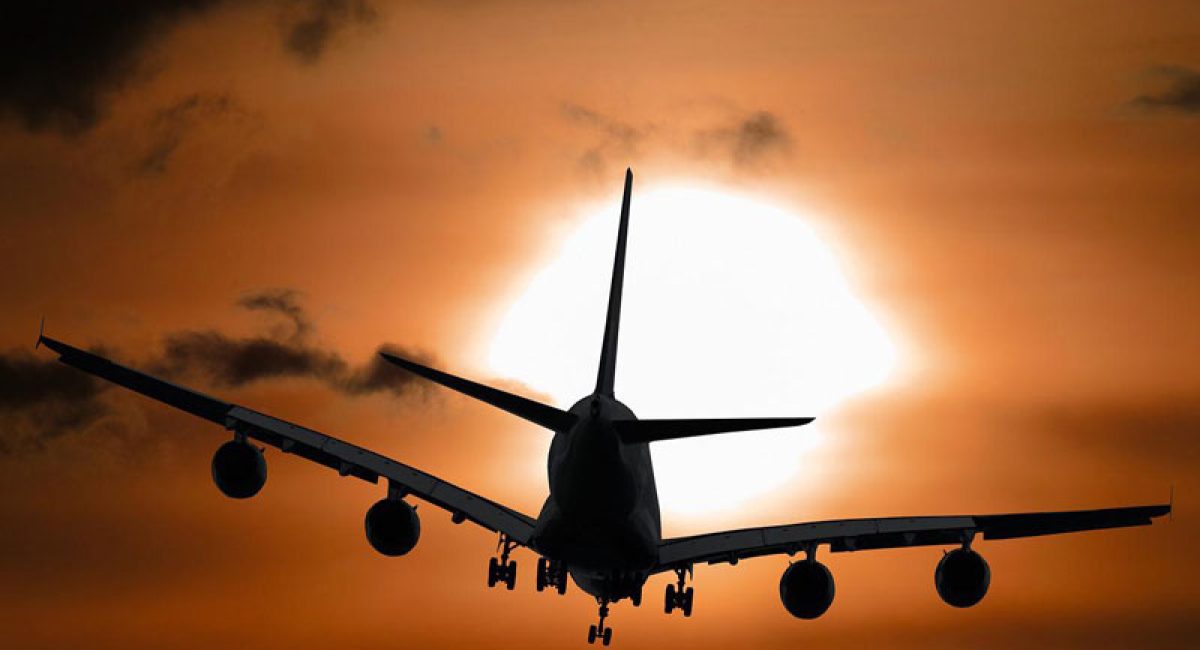Be aware: Food importation rules can bite travelers
Many countries have their own laws regarding the importation of food items, and the United States is no exception, having issued 7,190 violations in 2021. Globe Aware volunteers should be aware of what food items could result in expensive consequences.
Think Twice About Flying With Food, Huge Fines Could Be Waiting
By Tyler Fox
August 15 2022
Travel Off Path
Grabbing a last-minute breakfast before flying is common practice when rushing through the airport. However, that breakfast could cost you much more than anticipated if you aren’t careful. Recently, a passenger heading to Australia was fined $1,874 USD for bringing his McDonald’s breakfast with him from Bali. That breakfast will end up costing more than the original flight to Bali, and it should serve as a warning to other travelers. Many countries have their own laws regarding the importation of food items, and the case above shows how serious the repercussions can be. The United States is no exception and issued 7,190 violations in 2021 for “failures to declare prohibited agriculture items.”
Which Countries Issue Fines?
Every country will have its own policies regarding the importation of food items. Australia has recently heightened its biosecurity measures in an effort to combat the spread of foot and mouth disease, leading to the case above. Australia will fine passengers up to $1,874 USD for failing to declare food items. But what about other countries?
- United States – Fines up to $10,000 USD
- Canada – Fines up to $1017 USD
- United Kingdom – Fines can range from about $300 to $3,000 USD or more, depending on the severity of the discrepancy.
What Foods Are Prohibited?
Prohibited foods vary from country to country, but using the U.S. as a guide to understanding what foods most countries are looking for is a good starting point. Passengers flying into the U.S. must declare all food products. There are specific food items that cannot come into the country, including:
- Almost all fresh and frozen fruits or vegetables
- Home-canned products. Commercially canned products are alright, however.
- Most dried fruits and vegetables.
- Meat or poultry
Travelers should always declare their food items in every country they visit, as any import tax is likely to be far less than any fines they would otherwise face.
Why Are Foods An Issue?
Each country will have its own specific reasons for restricting different foods. However, the most common reason for limiting the importation of various foods is to protect against disease and pests. Several diseases are commonly carried in meats, including foot-and-mouth disease, swine fever, and others. Most fruits and vegetables are prohibited because of their potential for carrying foreign pests and diseases that would be harmful to the local produce. Much like when centuries-old travelers would bring diseases with them when discovering new places, fruits and vegetables can have just as devastating an impact on local agriculture.
In 2021, U.S. Customs and Border Protection (CBP) discovered 264 instances of pests at ports of entry. And while it may seem overboard to throw away an apple because of the slight chance it has an unseen pest aboard; the risk is certainly there. In 2021 at the Port of Gulfport, CBP officials found a butterfly larvae pest while inspecting a container of pineapples from Costa Rica. The butterfly’s larvae are pests and feed on various plants. If it were to gain a foothold in the U.S., it could adversely affect the country’s agriculture.
What Should Travelers Do?
In short, always declare food items when going through customs and border control after flying to any country. By declaring food items, travelers will ensure that they don’t incur any fines and, more importantly, don’t accidentally cause an agricultural disaster by introducing a new pest or disease to the area. In the U.S., if passengers declare all their food items, they will have nothing to worry about. Even if an inspector decides that a particular item is prohibited from entering the country, travelers will not be held liable as long as the item was declared.
Some items are typically nothing to worry about, such as candy or crackers in packaging. However, travelers should always research the country they are visiting before flying with food items. Otherwise, the consequences can be severe.
Disclaimer: Current travel rules and restrictions can change without notice. The decision to travel is ultimately your responsibility. Contact your consulate and/or local authorities to confirm your nationality’s entry and/or any changes to travel requirements before traveling. Travel Off Path does not endorse traveling against government advisories


0 Comments